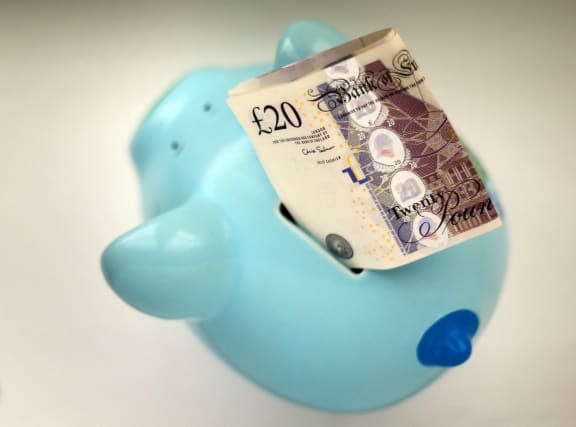Moves to avoid state pension freeze ‘may be seen as intergenerationally unfair’

Future increases to the state pension may no longer be linked to the reality of the economy as the wages of the working population flatline, experts have said.
The comments were made as the Government moved to avoid a state pension freeze on Wednesday, with a Bill to remove a legal barrier to an increase next year.
Currently, the state pension can only be increased if there has been growth in average earnings in the relevant period of the preceding year. Due to the challenging economy, average earnings are expected to show no growth.
The Bill will make technical changes, paving the way for ministers to deliver on the state pension “triple lock”, even if there is no earnings growth.
Since 2011, the triple lock has ensured the state pension is increased by the highest of earnings growth, price inflation or 2.5%.
Ian Browne, a pensions expert at Quilter, said: “Inflation is predicted to remain low, or perhaps even negative, for some time to come and average earnings growth will remain subdued given the gloomy employment environment resulting from Covid-19.
“There is a danger that guaranteeing a 2.5% boost to the state pension is perceived to be intergenerationally unfair, given it will provide a considerable boost to pensioners’ income when many others are taking a cut in their pay, working less hours or have lost their jobs altogether.
“But even more contentious is the fact that once the furlough scheme ends later this year, and if wages recover, in its current form the triple lock will provide an artificially large boost to state pension income in 2022/23 when we could be in the clasp of a deep recession and when the Government is struggling to control the deficit.
“Once wages recover next year, average earnings growth is expected to bounce back to create a one-off spike in wage growth, estimated to be as high as 5%.
“As such, the triple lock will no longer provide a link between the real economy and increases in the state pension. The 8% boost in state pension income over two years will come at a time when real economy metrics including earnings, employment, growth and inflation are flat.”
Steven Cameron, pensions director at Aegon, said: “While removing the legal barrier to granting an increase is welcome news, it may not be the final twist in the tail of the triple lock saga as it’s still to be seen if the Government will stick rigidly to this formula year-on-year.
“Doing so could see pensioners receive a 2.5% uplift next April and a much higher increase the following April if earnings growth rebounds after falling.
“This could come as many working age people might be struggling to regain pre-Covid-19 earnings levels.
“The Government could decide to retain the spirit of the triple lock, but rather than the formula working year-on-year, it might smooth earnings fluctuations caused by furlough over two years, which would present a fairer approach across generations.”
Work and Pensions Secretary Therese Coffey said: “The Government has worked hard to protect all age groups during the pandemic, strengthening the welfare safety net, introducing furlough and income protection schemes, as well as supporting those who have lost their jobs back into work.
“It is only right, then, that we also ensure pensioners can see their incomes protected as we build back better.
“In these difficult times, I want to give pensioners peace of mind about their financial health.”


